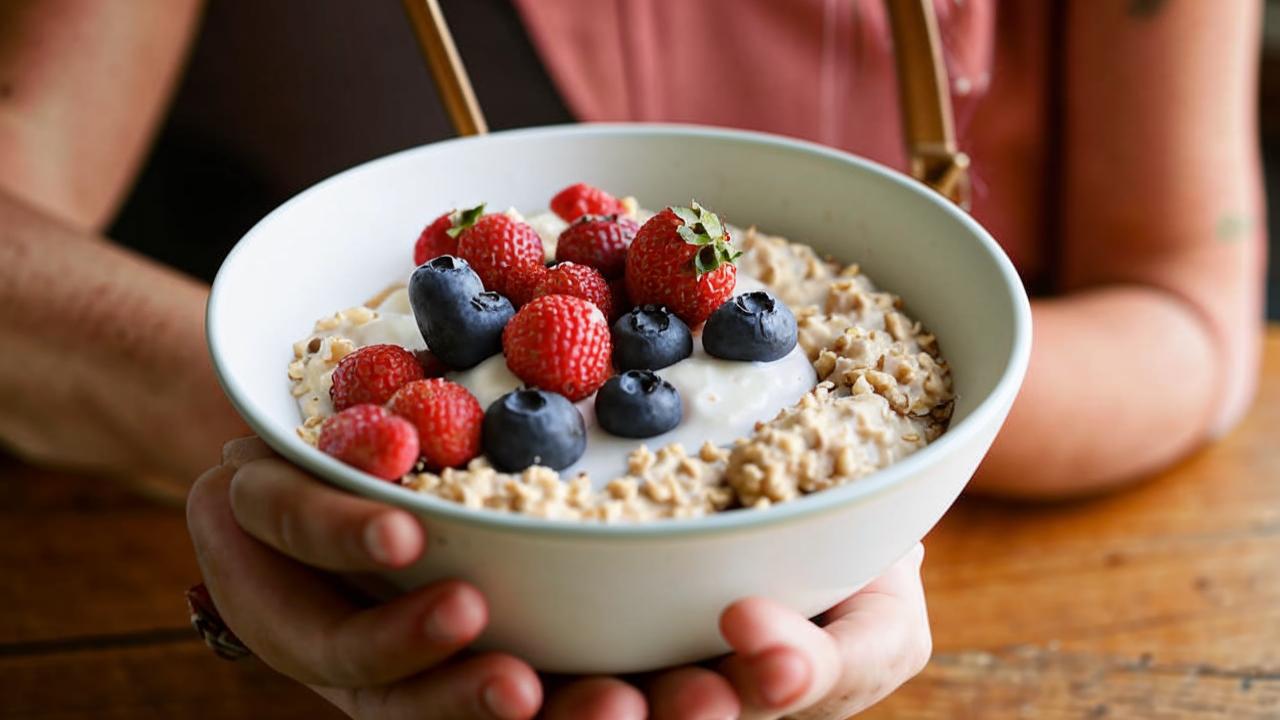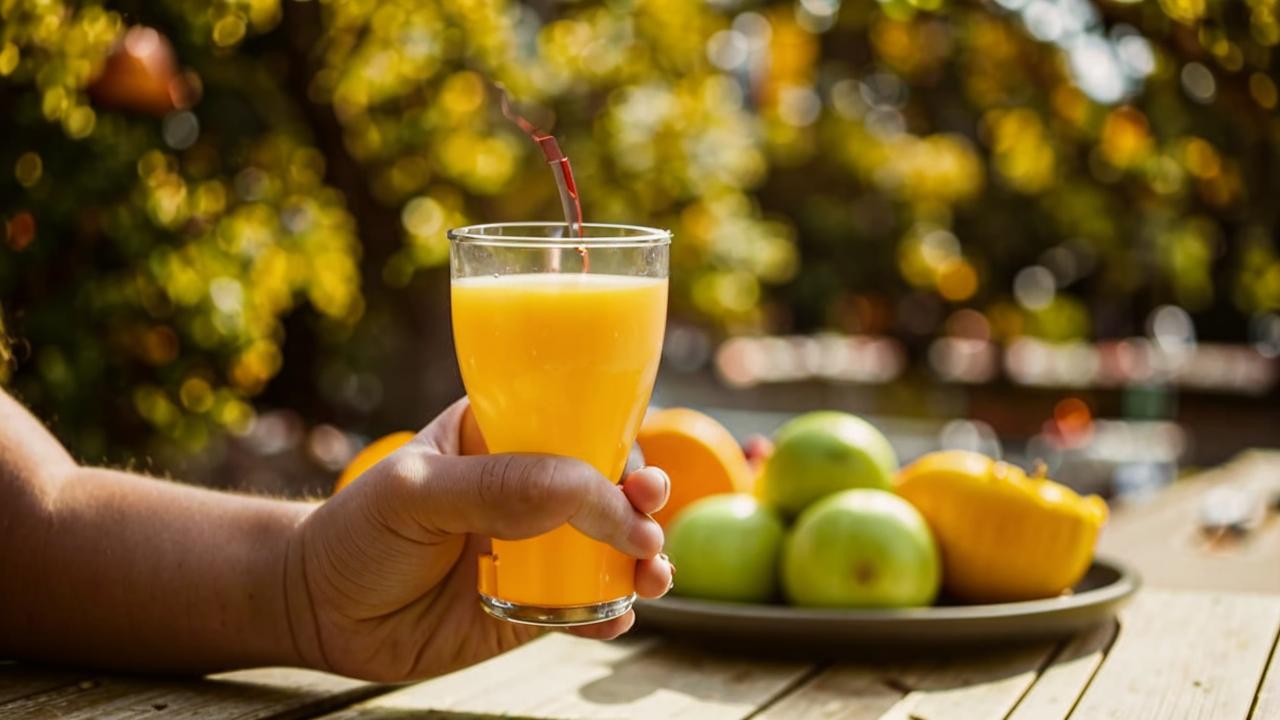When it comes to eating healthy, it’s not easy to really get your diet right. Menus should be healthy and balanced, including different food groups and essential vitamins and antioxidants. However, many people don’t have the time or patience to go through a diet in detail. And while it may seem like you’re eating right, some mistakes are so common that even HEA experts make them.
Giving up fats and fruits
Of course, you should avoid artificial trans fats, which are found in packaged foods, increase “bad” LDL (low-density lipoprotein) cholesterol and triglycerides, and decrease “good” HDL (high-density lipoprotein) cholesterol. You should also limit the amount of saturated fat found in butter and avoid processed foods, which are usually high in salt, sugar, and trans fats.

At the same time, you should not eliminate any of these from your diet:
Healthy fats. After the “skimming” trend in the ’90s, some people still suffer from “fatphobia.” These contain more calories than carbohydrates and proteins, but are still important for health – especially cardiovascular health. Find them in avocados, olive and nut oils, nuts and seeds.
Fruit. Natural “sweets” contain fructose, which the body processes differently than added sugar – all thanks to fiber. Don’t forget that fruits are also rich in vitamins and antioxidants. Berries in particular help control weight and reduce the risk of heart attack.
Abuse “healthy” smoothies
Blending foods in a blender is easy. Blueberries, cashew butter, chia, kale, bananas and coconut milk sounds good and quite “right,” but this mixture can be a calorie bomb. Try to make sure the energy value of your smoothies doesn’t exceed 300 kcal per 100g, drink small portions, use more vegetables than fruit, and don’t overuse high-calorie nuts and seeds.
Not drinking enough water
Cells use water as a medium for chemical reactions to break down and diffuse substances. It also helps with body functions such as digestion, absorption, circulation, saliva formation, nutrient transportation and maintaining body temperature. Water imbalance can lead to cellular atrophy, muscle fatigue, slowed metabolism, reproductive dysfunction and lowered immunity.

A glass of water in the morning can have a measurable impact on health, boost energy levels and maintain an ideal weight. Also, sometimes people confuse hunger with thirst, and drinking enough fluids will make sure you don’t overeat.
Trusting “sugar free” and “low fat” labels
Many people are overly gullible and fall for the tricks of marketers in the form of brightly colored labels “sugar-free, gluten-free”, “fat-free”. But in fact, such labels on the package do not oblige the manufacturer to anything. Ultra-processed products may indeed be fat-free and sugar-free, but they may also contain preservatives or refined ingredients. To make sure that what you have in front of you is exactly what you need, you should scrutinize the composition.
Buying the wrong yogurt
Yogurt is fermented milk, and fermented products contain probiotics. However, not all yogurt is rich in these substances. If the product has been heated or pasteurized, the probiotics are destroyed and are no longer restored.

Look for the words “live active cultures” or check ingredient lists for the names of specific probiotics (lactobacillus acidophilus, bulgaricus, etc.) in the ingredients to make sure you are getting these beneficial bacteria. They help digestion and support the immune system.
Drink plant-based milk without shaking the carton
Animal milk alternatives made from soy, almonds, cashews, rice, and coconut are often further fortified with calcium and vitamin D. But the added nutrients often settle to the bottom of the container.
So to get the most benefit from plant-based milk, you should shake the package thoroughly before consumption.
Overestimating fruit juices
Fruit juice is considered healthy. It would seem logical since it is made from fruit. However, sometimes “fruit juice” is fruit-flavored sugar water made without even real fruit.

However, natural juice, including freshly squeezed juice, should not be abused either. Whole fruits contain a lot of sugar in the form of fructose, but it is in the cell walls of the fibrous structure, which slows down the release of the substance into the blood. Juice, on the other hand, has much less fiber, plus you don’t have to chew it and you can drink a lot of it at one time – so you get a lot of sugar into your body in a matter of seconds.
Eat 5-6 times a day
Many people think it’s better to eat less but more often. Breakfast allows the metabolism to “wake up”, and subsequent snacks help to disperse it. This kind of eating pattern can indeed increase the metabolic rate. However, of much greater importance is the total amount of food eaten, not the number of meals.
Giving up yolks
Eggs are one of the most nutritious foods, because they contain substances that are enough for the development of the whole body. However, yolks are quite high in cholesterol, so some people believe that they increase its level in the blood.

For this reason, nutritionists often recommend limiting the consumption of eggs in general, or eating only the whites, discarding the yolks. However, the fact is that it is the yolks that contain most of the useful substances. Therefore, it makes no sense to refuse them.
Proper nutrition is not an easy and very voluminous topic. There are hundreds of diets, and even a professional can make a mistake. Do not chase fashion trends and do not rush to blindly follow Instagram-advice. Find the perfect diet for your body and your goals to maximize the benefits of a healthy diet.





